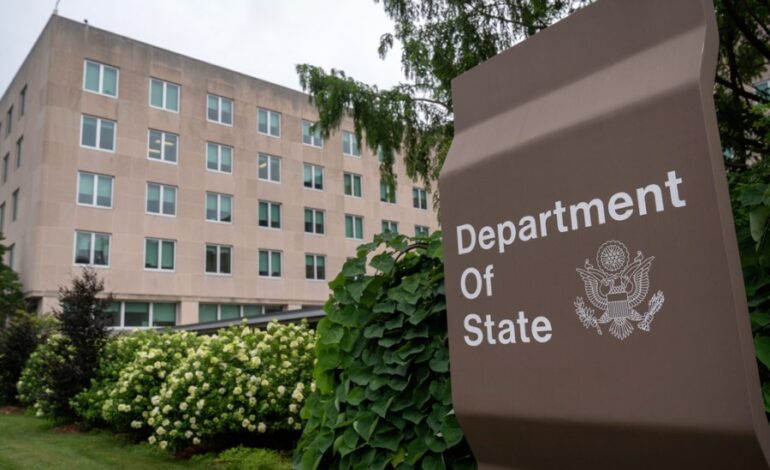Trump Administration Overhauls Human Rights Reporting Standards

The U.S. State Department under President Donald Trump has introduced significant changes to its human rights reporting, marking a stark departure from established practices. The latest Global Human Rights Report, released in 2020, eliminates various critical indicators that have historically been used to assess human rights conditions worldwide. As a result, the report fails to accurately reflect the current human rights landscape in many countries.
These revisions have raised concerns among human rights advocates and international observers. By removing key metrics, the report potentially obscures serious human rights violations occurring in nations such as China, Russia, and Venezuela. Critics argue that this shift undermines decades of effort to provide a comprehensive overview of human rights issues and may diminish the accountability of governments worldwide.
Significant Changes in Reporting Standards
The State Department’s new approach emphasizes a more selective narrative regarding global human rights. It prioritizes certain political and economic perspectives while sidelining others that may paint a less favorable picture of U.S. allies. For instance, the omission of specific data related to freedom of speech and assembly in authoritarian regimes has been particularly contentious.
The report, traditionally a key tool for policymakers and human rights organizations, has been criticized for its lack of depth and reliability. According to the Human Rights Watch, this shift reflects a broader trend in which human rights reporting is being tailored to align with the administration’s foreign policy goals. The organization highlighted that this could lead to a dangerous precedent where human rights abuses are downplayed or ignored altogether.
Reactions from Human Rights Advocates
Human rights advocates have expressed alarm over these changes. Amnesty International condemned the report for its failure to address systematic abuses and called for transparency in human rights assessments. In a statement, the organization emphasized that without comprehensive data, the international community is left without the necessary tools to hold governments accountable for their actions.
The implications of this new reporting standard extend beyond the pages of the report itself. By redefining what constitutes human rights, the U.S. may inadvertently signal to authoritarian regimes that such abuses can go unchallenged. This shift not only affects global perceptions of the U.S. commitment to human rights but also impacts those who rely on accurate reporting for advocacy and support.
While the administration defends its approach as a pragmatic response to geopolitical realities, critics argue that it dilutes the core values historically championed by the United States. The long-term consequences of this redefinition may resonate widely, shaping how human rights are viewed and addressed on the global stage.
As international scrutiny of human rights continues, the evolving landscape under the Trump administration raises critical questions about the future of global human rights monitoring and the role of the United States in advocating for these fundamental principles.






